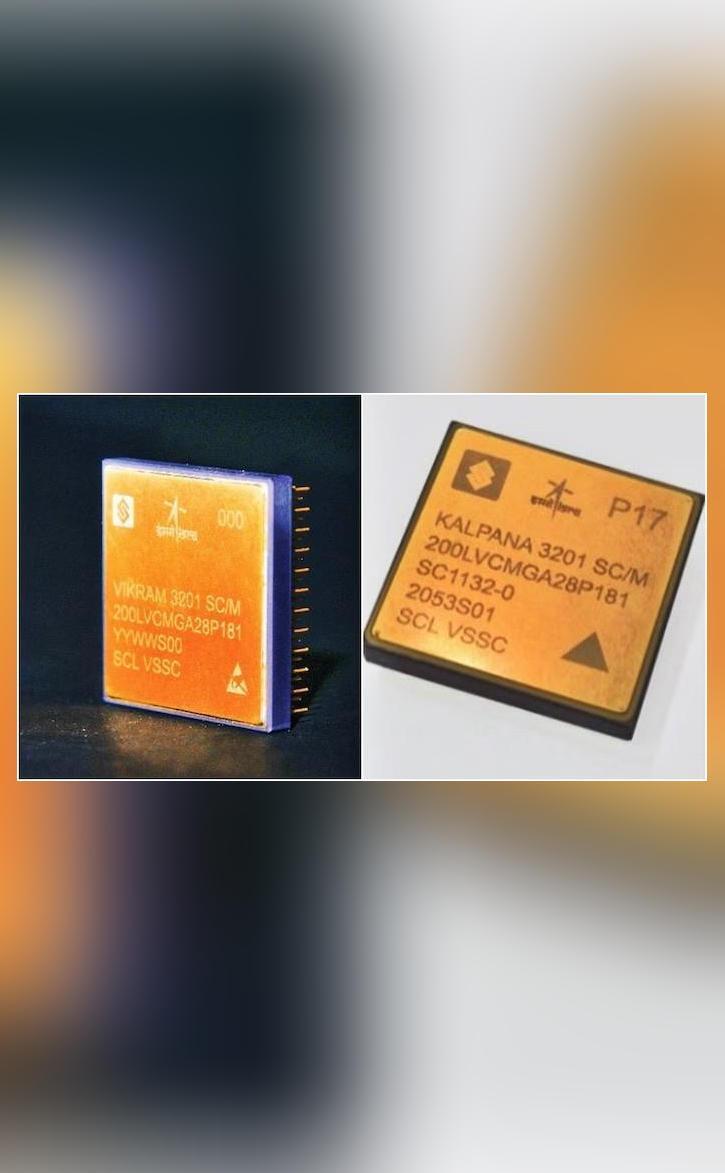
ISRO & SCL Develop 32-bit Microprocessors for Space Applications
The Indian Space Research Organisation (ISRO) and the Semiconductor Laboratory in Chandigarh have made a significant breakthrough in the field of space technology by jointly developing two 32-bit microprocessors, VIKRAM3201 and KALPANA3201. These microprocessors have been specifically designed for use in space applications, where the harsh environmental conditions pose significant challenges.
The VIKRAM3201 microprocessor is a major achievement for ISRO, as it is the first fully “Make-in-India” 32-bit microprocessor to be qualified for use in the launch vehicles’ harsh environmental conditions. This development is a significant step forward for India’s space program, as it reduces dependence on foreign technology and enhances the country’s capabilities in space exploration.
Challenges of Space Applications
Space applications pose unique challenges for microprocessors. The harsh environmental conditions, including extreme temperatures, radiation, and vibrations, can damage or destroy electronic components. Additionally, the microprocessors must be able to operate in the vacuum of space, where there is no air to cool them down.
To overcome these challenges, ISRO and SCL had to design and develop microprocessors that could withstand these conditions. The VIKRAM3201 and KALPANA3201 microprocessors have been designed to operate in temperatures ranging from -55°C to 125°C, and can withstand radiation levels of up to 100 Krads.
Features of VIKRAM3201 and KALPANA3201 Microprocessors
The VIKRAM3201 and KALPANA3201 microprocessors have several features that make them suitable for space applications. Some of the key features include:
- 32-bit architecture: The microprocessors have a 32-bit architecture, which allows them to process large amounts of data quickly and efficiently.
- High-speed processing: The microprocessors have a high-speed processing capacity, which enables them to handle complex calculations and data processing tasks.
- Low power consumption: The microprocessors are designed to consume low power, which is essential for space applications where power sources are limited.
- Radiation hardness: The microprocessors have been designed to withstand radiation levels of up to 100 Krads, which is higher than the radiation levels found in space.
- High-reliability: The microprocessors have been designed to be highly reliable, with a high mean time between failures (MTBF) and a low failure rate.
Applications of VIKRAM3201 and KALPANA3201 Microprocessors
The VIKRAM3201 and KALPANA3201 microprocessors have several applications in space technology. Some of the key applications include:
- Launch vehicles: The microprocessors can be used in launch vehicles to control the vehicle’s systems, including navigation, communication, and propulsion.
- Spacecraft: The microprocessors can be used in spacecraft to control the spacecraft’s systems, including navigation, communication, and life support.
- Satellite systems: The microprocessors can be used in satellite systems to control the satellite’s systems, including navigation, communication, and data processing.
- Ground-based systems: The microprocessors can be used in ground-based systems, such as ground stations and control centers, to control and monitor space-related systems.
Impact of the Development
The development of the VIKRAM3201 and KALPANA3201 microprocessors is a significant milestone for ISRO and SCL. This development will enable India to reduce its dependence on foreign technology and enhance its capabilities in space exploration.
The development of these microprocessors will also have a positive impact on the Indian economy. The production of these microprocessors will create new job opportunities and stimulate economic growth.
Conclusion
The development of the VIKRAM3201 and KALPANA3201 microprocessors by ISRO and SCL is a significant achievement for India’s space program. These microprocessors have been specifically designed for use in space applications, where the harsh environmental conditions pose significant challenges.
The VIKRAM3201 microprocessor is the first fully “Make-in-India” 32-bit microprocessor to be qualified for use in the launch vehicles’ harsh environmental conditions. This development is a significant step forward for India’s space program, as it reduces dependence on foreign technology and enhances the country’s capabilities in space exploration.
Source:






